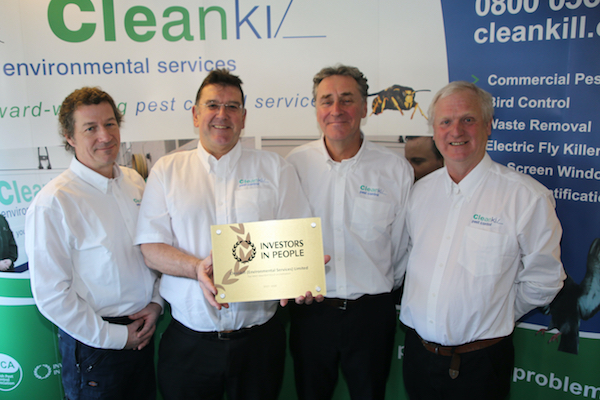
With budgets tightening and all expenditure being scrutinised, it’s a good time to evaluate your pest control provider and make sure they offer the best value and service.
Regional pest control companies may be able to offer more transparent, fair pricing and you may also receive a more personal service. They are normally large enough to invest in good training, accreditations and the latest products and services, but won’t have huge overheads and marketing costs. With any company, be wary of surveyors or salespeople who are focused on their targets and ‘over-selling’ rather than the problem that needs addressing.
Whoever you are using, do take time to examine invoices for hidden costs and extras that you may find tucked in alongside the charges for regular site visits. It is worth comparing the original contract with your invoices to check for those extra additions. Modern technology such as i-Pads with built-in cameras make it easy for pest control professionals to communicate in a quick, effective and comprehensive manner to customers, and to illustrate their findings with photographs.
If pricing is not completely transparent and you are not getting regular and clear communication from your pest controller on every visit, then it may be time to re-evaluate the service you are receiving.
A professional pest control contractor should help you to control any pest issues you might be encountering and also ensure compliance with what can seem like a mind-boggling list of legislative requirements including:
• Animal Welfare Act 2006 – professional pest controllers are trained to carry out their work in a professional and legally approved manner that minimises distress to captured pest animals.
• Wildlife and Countryside Act – pest control is not just about killing pests, it is just as much about ensuring non-target wildlife and the local environment are protected by using safe and approved pest control procedures that are targeted only towards the pest species.
• Control of Substances Hazardous to Health Regulations (Health and Safety at Work Act 1974) – professional companies will provide current COSHH and Safety Data Sheets for any products the pest controllers use on your site.
• Food Safety Act – pest control keeps food products safe from contamination helps customers to demonstrate “due diligence” by providing comprehensive reporting and advice.
• Prevention of Damage by Pests Act 1949 – pest control keeps premises and land clear of rodent activity and reduces the likelihood of future problems.
• Public Health Acts 1936 and 1961 – pest control helps to control all manner of vermin, including; rodents, insects and pest birds.
For further information or advice contact Cleankill Managing Director Paul Bates paul@cleankil.co.uk or call 020 8668 5477 or visit www.cleankill.co.uk




